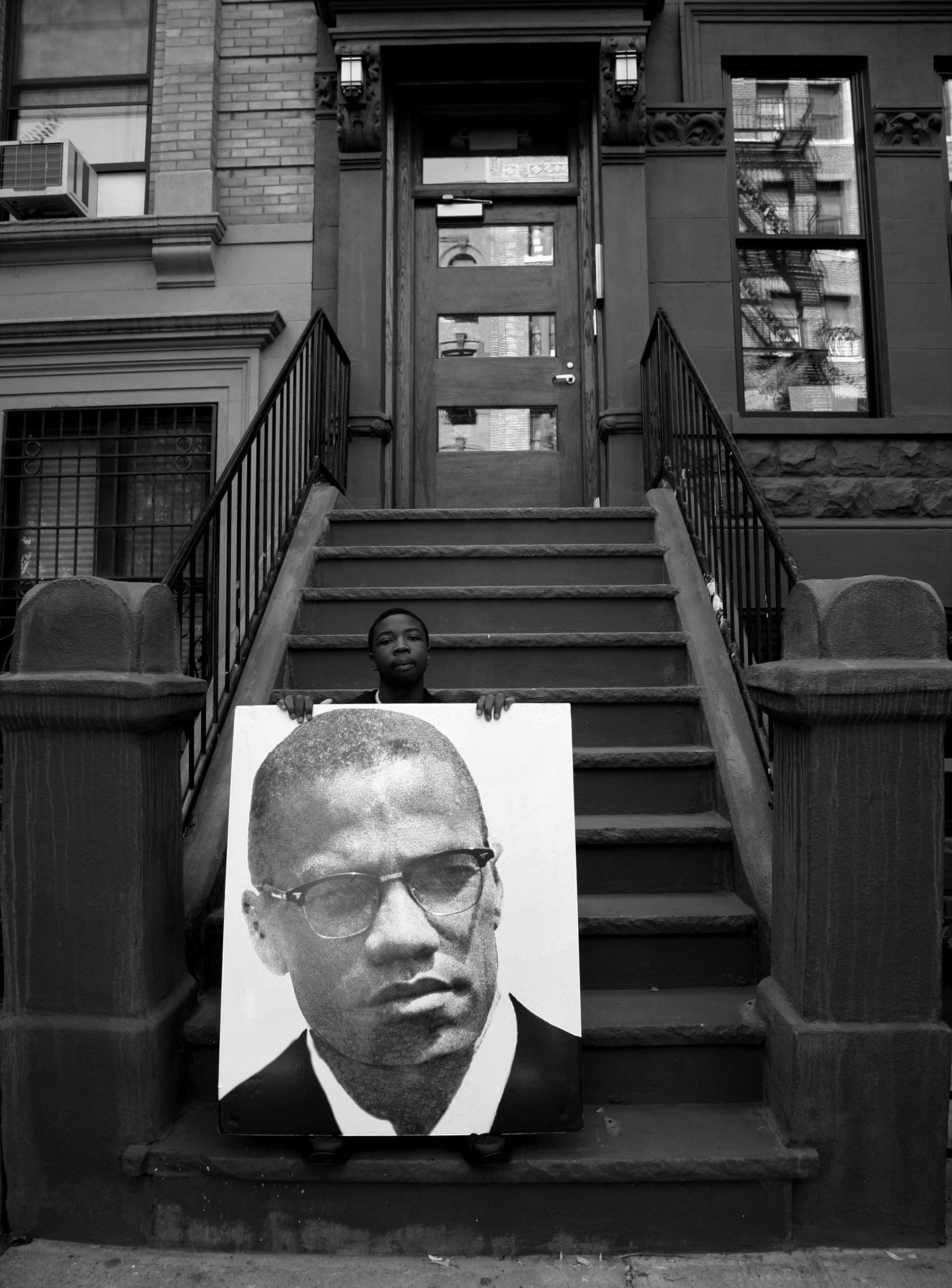FOOD FOR THOUGHT: “Nigga”, How Do You Feel & Why We Use It?

The use of the word “nigga” is a complex issue that has been debated for years. It is a word that has a long and painful history, and its usage has evolved over time. In this blog, we will delve into the origin of the word, why certain people use it, and it’s meaning. We will also explore whether black people are still going through the same struggles and tribulations from when the word was commonly used.
The word “nigga” is a variant of the word “nigger,” which was used as a term of derogation and abuse against black people. The term has its roots in the transatlantic slave trade, where it was used by slave traders and slave owners to refer to the African slaves they had brought over from Africa. The word was used to dehumanize and degrade the slaves and to justify the inhumane treatment they were subjected to.
We asked and here are some answers (anonymously) of course


The word “nigga” has evolved over time and has been reclaimed by some black people as a term of endearment or solidarity. Some argue that by using the word amongst themselves, they are taking the power away from the word and reclaiming it for themselves. Others argue that the use of the word is still offensive and should not be used under any circumstances.


One of the most controversial aspects of the use of the word “nigga” is the fact that it is used by non-black people. Some argue that non-black people should never use the word, regardless of context or intent. They argue that the word is too loaded with historical and cultural significance to be used by anyone who is not black. Others argue that non-black people can use the word if they are quoting someone else or if they are using it in an academic context.
Despite the controversy surrounding the use of the word “nigga,” it is important to acknowledge the continued struggles and tribulations that black people face in society today. While the use of the word may have changed, the underlying issues that gave rise to it in the first place have not gone away. As Malcolm X once said, “If you stick a knife in my back nine inches and pull it out six inches, there’s no progress. If you pull it all the way out, that’s not progress. Progress is healing the wound that the blow made. And they haven’t even pulled the knife out much less heal the wound. They won’t even admit the knife is there.”

James Baldwin also spoke about the continued struggles that black people face, saying, “I am what time, circumstance, history, have made of me, certainly, but I am also, much more than that. So are we all.” Baldwin’s words highlight the fact that while black people have made progress in some areas, there is still much work to be done to address the systemic racism that exists in society.
The fact that black people were once called “colored people” and are now referred to as “people of color” also highlights the ongoing struggle for racial equality. While the terminology may have changed, the underlying issues remain the same. It is important for society to continue to address these issues and work towards a more equitable future.
In conclusion, the use of the word “nigga” is a complex issue that has its roots in the painful history of slavery and racism. While some black people have reclaimed the word as a term of endearment or solidarity, it remains a controversial topic. Non-black people should be cautious when using the word, and everyone should be mindful of the continued struggles that black people face in society today. As Baldwin once said, “Not everything that is faced can be changed, but nothing can be changed until it is faced.” It is only by acknowledging the ongoing struggle for racial equality that we can hope to make progress towards. Be an agent of change. You start dying when you stop dreaming.


